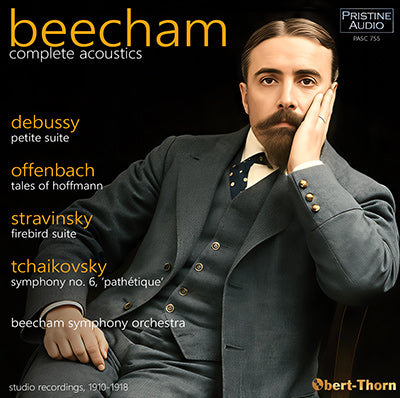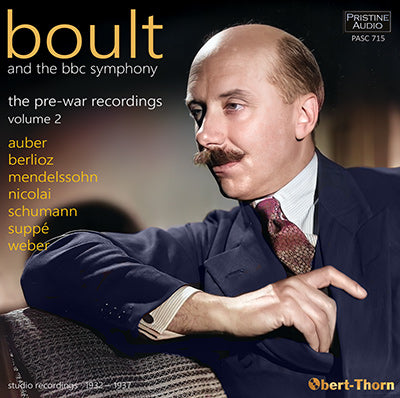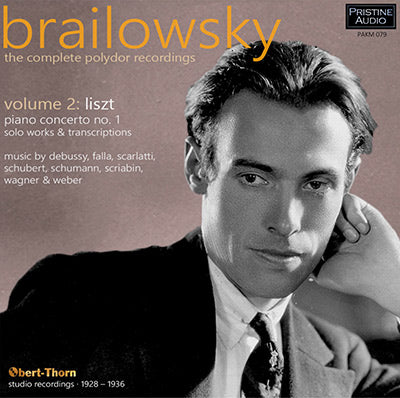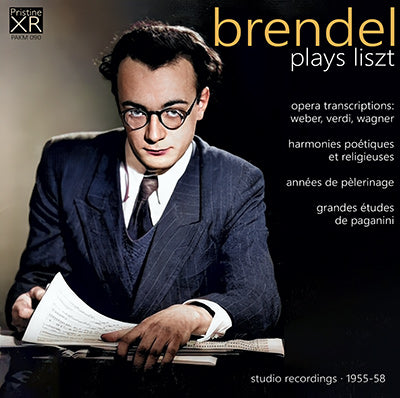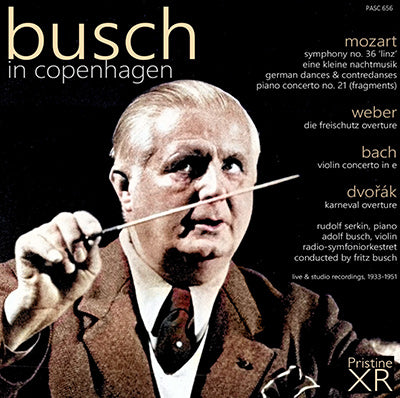Weber
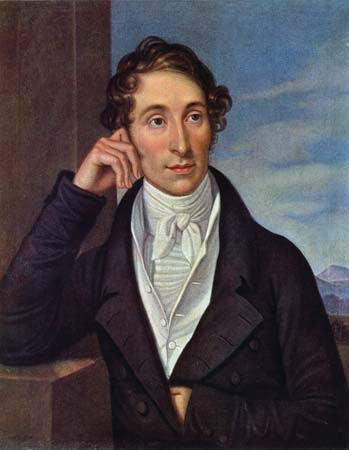
Weber's operas Der Freischütz, Euryanthe and Oberon greatly influenced the development of the Romantische Oper (Romantic opera) in Germany. Der Freischütz came to be regarded as the first German "nationalist" opera, Euryanthe developed the Leitmotif technique to an unprecedented degree, while Oberon may have influenced Mendelssohn's music for A Midsummer Night's Dream and, at the same time, revealed Weber's lifelong interest in the music of non-Western cultures. This interest was first manifested in Weber's incidental music for Schiller's translation of Gozzi's Turandot, for which he used a Chinese melody, making him the first Western composer to use an Asian tune that was not of the pseudo-Turkish kind popularized by Mozart and others.
A brilliant pianist himself, Weber composed four sonatas, two concertos and the Konzertstück in F minor (concert piece), which influenced composers such as Chopin, Liszt and Mendelssohn. The Konzertstück provided a new model for the one-movement concerto in several contrasting sections (such as Liszt's, who often played the work), and was acknowledged by Stravinsky as the model for his Capriccio for Piano and Orchestra. Weber's shorter piano pieces, such as the Invitation to the Dance, were later orchestrated by Berlioz, while his Polacca Brillante was later set for piano and orchestra by Liszt.
Weber's compositions for clarinet, bassoon, and horn occupy an important place in the musical repertoire. His compositions for the clarinet, which include two concertos, a concertino, a quintet, a duo concertante, and variations on a theme from his opera Silvana, are regularly performed today. His Concertino for Horn and Orchestra requires the performer to simultaneously produce two notes by humming while playing—a technique known as "multiphonics". His bassoon concerto and the Andante e Rondo ungarese (a reworking of a piece originally for viola and orchestra) are also popular with bassoonists.
Weber's contribution to vocal and choral music is also significant. His body of Catholic religious music was highly popular in 19th-century Germany, and he composed one of the earliest song cycles, Die Temperamente beim Verluste der Geliebten ([Four] Temperaments on the Loss of a Lover). Weber was also notable as one of the first conductors to conduct without a piano or violin.
Weber's orchestration has also been highly praised and emulated by later generations of composers – Berlioz referred to him several times in his Treatise on Instrumentation while Debussy remarked that the sound of the Weber orchestra was obtained through the scrutiny of the soul of each instrument.
His operas influenced the work of later opera composers, especially in Germany, such as Marschner, Meyerbeer and Wagner, as well as several nationalist 19th-century composers such as Glinka. Homage has been paid to Weber by 20th-century composers such as Debussy, Stravinsky, Mahler (who completed Weber's unfinished comic opera Die drei Pintos and made revisions of Euryanthe and Oberon) and Hindemith (composer of the popular Symphonic Metamorphosis of Themes by Carl Maria von Weber).
Weber also wrote music journalism and was interested in folksong, and learned lithography to engrave his own works.

Weber
Weber's operas Der Freischütz, Euryanthe and Oberon greatly influenced the development of the Romantische Oper (Romantic opera) in Germany. Der Freischütz came to be regarded as the first German "nationalist" opera, Euryanthe developed ...
DEBUSSY Petite Suite
OFFENBACH Tales of Hoffman
STRAVINSKY The Firebird - Suite
TCHAIKOVSKY Symphony No. 6 "Pathétique"
and many more
Studio recordings, 1910-1918
Total duration: 2hr 32:36 (CD) or 2hr 39:21 (download)
Beecham Symphony Orchestra
conducted by Sir Thomas Beecham
WEBER Der Freischütz, Euryanthe Overtures
MENDELSSOHN Hebrides, Ruy Blas Overtures
MENDELSSOHN Midsummer Night's Dream Nocturne
BERLIOZ Les francs juges, Le roi Lear, Roman Carnival Overtures
AUBER Masaniello Overture
NICOLAI Merry Wives of Windsor Overture
CHOPIN Funeral March (arr. Elgar)
MEYERBEER Coronation March
SCHUMANN Manfred Overture
SUPPÉ Light Cavalry Overture
Studio recordings, 1932-1937
Total duration: 1hr 58:06
BBC Symphony Orchestra
conducted by Sir Adrian Boult
LISZT Piano Concerto No. 1
Solo works and transcriptions of music by Debussy, Falla, Liszt, Mendelssohn, Scarlatti, Schubert, Schumann, Scriabin, Wagner, Weber
Studio recordings, 1928-1936
Total duration: 1hr 58:16
Alexander Brailowsky, piano
Berlin Philharmonic Orchestra
conducted by Julius Prüwer
LISZT Harmonies poétiques et religieuses
LISZT Années de pèlerinage
LISZT Grandes études de Paganini
LISZT Operatic transcriptions
Studio recordings, 1955-58
Total duration: 79:25
Alfred Brendel, piano
MOZART Symphony No. 36 ‘Linz’
MOZART Eine Kleine Nachtmusik
MOZART German Dances & Contredanses
MOZART Piano Concerto No. 21 (fragments)
WEBER Die Freischutz Overture
BACH Violin Concerto - 3rd mvt.
DVOŘÁK Karneval Overture
Studio & live recordings, 1933-1951
Total duration: 74:46
Rudolf Serkin, piano
Adolf Busch, violin
Radio-Symfoniorkestret
conducted by Fritz Busch
MOZART Symphony No. 38, “Prague”
SCHUBERT Symphony No. 9, “The Great”
R. STRAUSS Also Sprach Zarathustra
TCHAIKOVSKY Nutcracker Suite
plus music by Sibelius, Saint-Saëns, Weber, Ippolitov-Ivanov
Studio recordings, 1939-40
Total duration: 2hr 26:05
Chicago Symphony Orchestra
conducted by Frederick Stock
-
Previous
- Page 1 of 5
- Next

